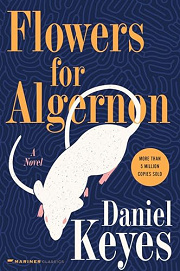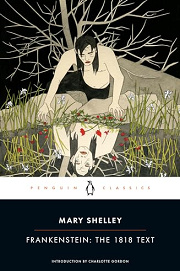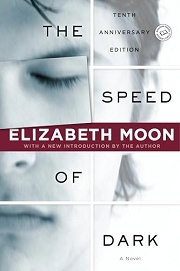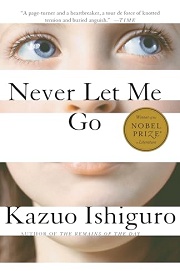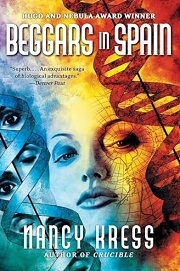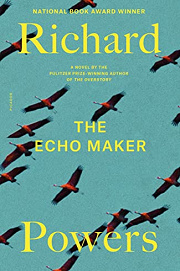Share your thoughts in a quick Shelf Talk!
Flowers for Algernon by Daniel Keyes
A groundbreaking experiment unlocks extraordinary intelligence—at a cost that can’t be measured in numbers. Tender, urgent, and unforgettable, Flowers for Algernon charts a human journey through hope, dignity, and what it means to be seen.
Have you read this book? Share what you liked (or didn’t), and we’ll use your answers to recommend your next favorite read!
Love Flowers for Algernon but not sure what to read next?
These picks are popular with readers who enjoyed this book. Complete a quick Shelf Talk to get recommendations made just for you! Warning: possible spoilers for Flowers for Algernon below.
In Flowers for Algernon, did you enjoy ...
... epistolary confessions that interrogate the ethics of scientific ambition?
Frankenstein by Mary Shelley
You connected with Charlie Gordon’s raw progress reports—his own words charting the ascent and heartbreaking regression after Dr. Strauss and Professor Nemur’s operation. In Mary Shelley’s Frankenstein, the story unfolds through letters and nested testimonies as Victor details his experiment and its consequences, and the Creature narrates his own painful education and isolation. That same intimate, document-driven lens turns scientific breakthrough into a moral reckoning, much like Charlie’s entries about Algernon foreshadow the cost of tampering with the mind.
... an intimate, first-person transformation under pressure to alter one’s mind?
The Speed of Dark by Elizabeth Moon
If Charlie’s climb in intellect—and the personal fallout with Alice and his coworkers—moved you, you’ll find Lou Arrendale’s dilemma unforgettable. In The Speed of Dark, Lou, an autistic man, faces intense pressure to undergo a new treatment that could change him fundamentally, echoing Charlie’s procedure and its ripple effects. The close, reflective voice captures the dignity, fear, and hope that come with choosing who you get to be.
... haunting questions about what makes someone fully human amid quiet scientific horrors?
Never Let Me Go by Kazuo Ishiguro
Charlie’s journey—from the operation to his painful realization about how others used him, and the fate he shares with Algernon—echoes in Kathy H.’s calm, devastating narration. Never Let Me Go explores a cloistered school whose students gradually uncover the purpose behind their existence, much like Charlie uncovers the limits and costs of his own ‘advancement.’ It’s a quiet philosophical gut-punch about love, memory, and the ethics of turning people into projects.
... the moral fallout of engineered intelligence and advantage?
Beggars In Spain by Nancy Kress
If the experiment that boosted Charlie’s IQ—and the power imbalance between him, the scientists, and Algernon—gripped you, Beggars in Spain takes those ethical tensions wider. Genetically engineered Sleepless children like Leisha Camden never tire and quickly surpass others, provoking questions about merit, obligation, and the human cost of enhancement. It channels the same ache of unintended consequences that Charlie uncovers in his own research paper on the operation.
... deep psychological immersion in a mind transformed by neurological change?
The Echo Maker by Richard Powers
Charlie’s shifting perception—his soaring cognition, then the terrifying slide you first glimpse when Algernon deteriorates—finds a realist counterpart here. After a traumatic accident, Mark Schluter develops Capgras syndrome and becomes convinced his sister is an impostor, drawing in a famous neurologist whose explanations can’t mend what’s broken. Like Charlie’s progress reports, The Echo Maker immerses you in altered consciousness and the fragile bonds that hold identity together.
Unlock your personalized book recommendations! Just take a quick Shelf Talk for Flowers for Algernon by Daniel Keyes. It’s only a few questions and takes less than a minute.
